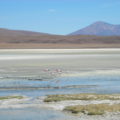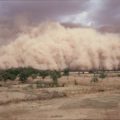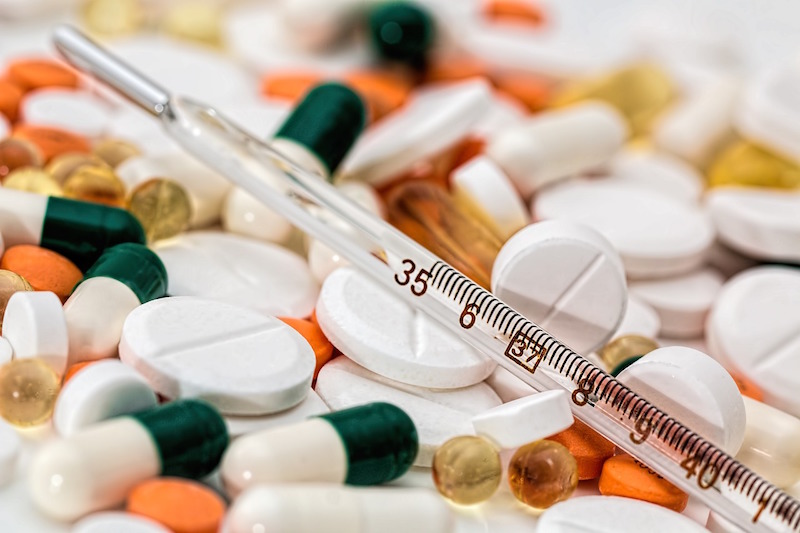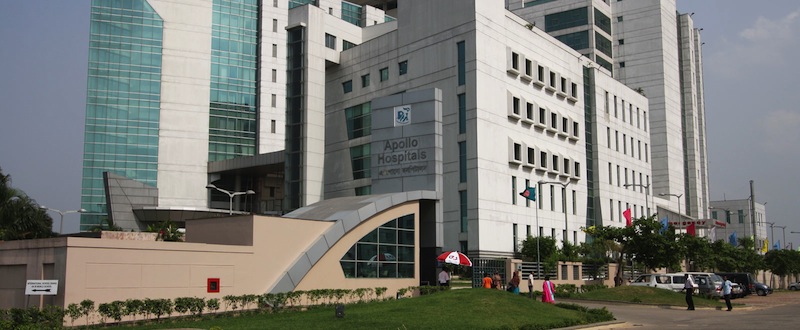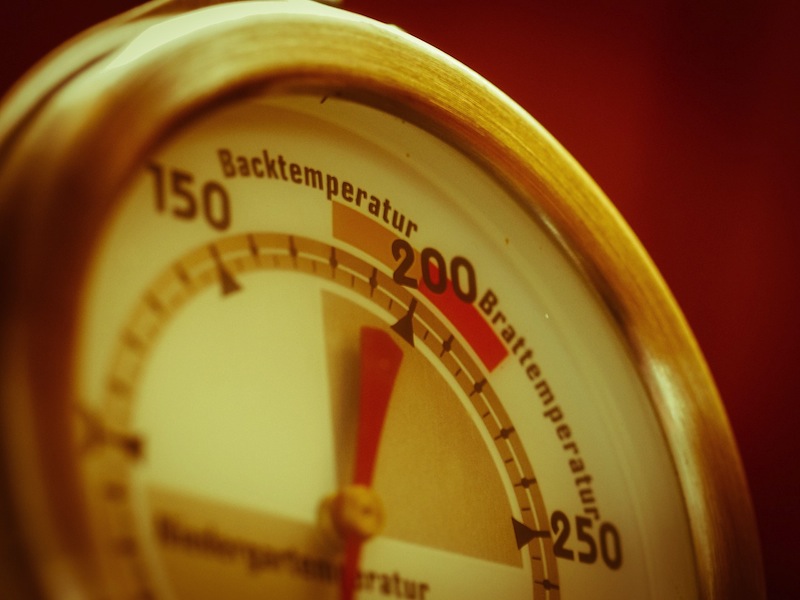
By Franck Scola, Doctor of Medicine, author of studies on medical and social aspects of expatriate life.
Faced with the threat of a heatwave, a plan of prevention and action has been established in all the territories in France.
Its name is Plan Canicule 2010.
Here is a summary for my foreign patients living in France, to make them understand how the Plan Canicule 2010 works, and some instructions of how they can prevent, recognize, and cope with heat-related health problems.
The Plan Canicule 2010 is organized into three levels according to the importance of risk.
The first one is the level of Veille saisonnière (seasonal surveillance) that has been officially activated from June 2nd to August 31st, in particular by the installation of a helpline:
0 800 06 66 66 (free from a landline).
This first level also corresponds to the installation of the biometeorological monitoring device, provided by Météo-France and the Institut de Veille Sanitaire (INVS), in order to detect the occurrence of an eventual heatwave.
The second level of “mise en garde et actions” (Warning and Actions) is triggered by the prefects of the departments concerned when weather conditions require.
The third level of “mobilisation maximale” is triggered on the instructions of the Prime Minister if the heat is associated to other factors (shortage of drinking water, healthcare system saturation…).
This Plan Canicule 2010 is based on five principles:
– Measures to protect the people at risk
– Tracking of the people at risk, via the register of frail and isolated people, held by the municipalities
– Alerts, based on the biometeorological evaluation
– Solidarity to the people at risk, through their census, and devices of permanent care services, and also, the home help services and voluntary associations
– System for information and communication for the general public, professionals and health facilities.
Who is at high risk?
Although anyone at any time can suffer from heat-related illnesses, some people are at greater risk than others.
Newborns, infants, and children are sensitive to the effects of high temperatures and rely on others to regulate their environments and provide adequate liquids.
The elderly may not compensate for heat stress efficiently and are less likely to feel and respond to changes in temperature.
Overweight people may be prone to heat sickness because of their tendency to retain more body heat.
Other categories are particularly vulnerable: pregnant women, people with chronic diseases (renal, cardiac, respiratory, thyroid …), those taking certain types of medication, alcoholics, drug addicts, people doing sport where physical efforts produce heat and water loss, some professionals exposed to heat and /or to insufficient water supply.
Consequences of heat exposure on health
– We suffer heat-related illness when our body is unable to compensate and properly cool itself. Normally it cools itself by sweating. But under some conditions, sweating just isn’t enough. In such cases, the body temperature rises rapidly.
– A sudden increase of temperature and even short periods of high temperature can lead to serious physical stress that may damage the brain and other organs.
– Heavy sweating, in addition to water loss, also removes salt and minerals from the body.
– Some situations increase the production of heat and the water loss from the body: intense physical activity; prolonged car driving; staying too much in an overheated place; drinking alcohol, tea or coffee; certain medicines…
– Sunburn affects the body’s ability to cool itself and causes a loss of body fluids. It also damages the skin.
Examples of heat-related illnesses:
Heat Stroke, heat exhaustion, heat cramps, sunburn, heat rash, pyelonephritis, kidney stones, aggravation of a pre-existing disease, infant convulsion…
The main symptoms suggestive of heat-related illnesses:
Fever
Red, hot and dry skin
Thirst
Throbbing headache
Aggressiveness
Dizziness
Nausea or vomiting
Muscle cramps
Tiredness, weakness
Fainting
Concentrated urine (colourful, smelly)
Constipation
Grumpy child
What to do before medical intervention:
For adult:
Stop all activity and sit in a shady and cool place
Remove clothes
Refresh the body (by water spray, wet towel, fan…)
Have a cool shower or bath, and drink cool nonalcoholic beverage (avoided in case of unconsciousness or vomiting).
Call your family Doctor, or phone 112 for medical information or intervention
For children:
– Try to be calm and reassuring
– Place the child in an air conditioned room
– Undress the child
– Implement cooling measures (spray, towel, hands under a faucet of running water, feet in a basin of cold water, feet in a basin of cool water…)
– Put the child to rest without total sleep
– Give a dose of Paracetamol (Doliprane® or Efferalgan®) orally if possible, suppository in case of vomiting
– Hydrate and supplement minerals, preferably with hydration solution (GES45®, Adiaril®), very slowly to avoid vomiting. Using a syringe is very handy to make infants drink.
– In any case, call your Family Doctor or 112
Prevention:
During hot weather, to protect your health, remember to keep cool, well hydrated, and use common sense.
The following tips may be helpful for you:
– Drink plenty of fluids
Don’t wait until being thirsty to drink, drink mainly water and at least one glass per hour between meals (more if your activity requires it).
In order to verify that the water supply is sufficient, check the urine is abundant, transparent and odourless.
Avoid alcohol, tea and coffee as these drinks increase the body temperature and make you urinate more.
Do not consume diuretic beverage unless it has been medically prescribed.
Ensure your children take a break for a drink when playing.
For small children, use a syringe to hydrate them and to ensure that they swallow (it is better than a baby’s bottle)
If your condition makes the family doctor limit the quantity of water you drink, ask how much you should drink while the weather is hot.
– Replace salt and minerals
To compensate the salt and minerals lost by heavy sweating, you can even drink a sports beverage or a hydration solution.
If you are on a low-salt diet, talk with your doctor before drinking a sports beverage or taking salt tablets.
In any case, this measure is important only for those who do intense physical activities in hot temperatures.
Salt and minerals from food are normally sufficient, so do not skip meals during the heat wave!
– Schedule outdoor activity carefully
From about 11 AM to 4 PM, try to stay cool indoors, limit physical activity, car driving and sun exposure.
– Wear appropriate clothes and sunscreen
Wear as little clothing as possible when you are at home. Try to choose lightweight, loose-fitting and light-coloured clothing.
If you must go outdoors, protect yourself from the sun by wearing a wide-brimmed hat, sunglasses, and by putting on sunscreen (ask for a high level protection).
– Avoid hot food, heavy meals and alcoholic drinks, because they increase body heat. It is advisable to eat more raw vegetables and fruit.
– If you follow a long-term treatment, ask your doctor if you need to change it. Certain drugs increase the body temperature, some eliminate water, and others have an action modified by heat.
– Protect those who are at high risk
For more information, don’t hesitate to phone the special helpline:
0 800 06 66 66
In case of emergency, phone 112 if your Family Doctor is not available.
I wish you a safe and healthy summer!

